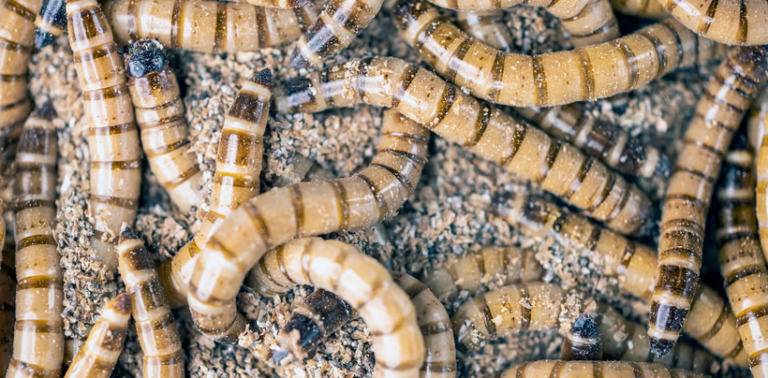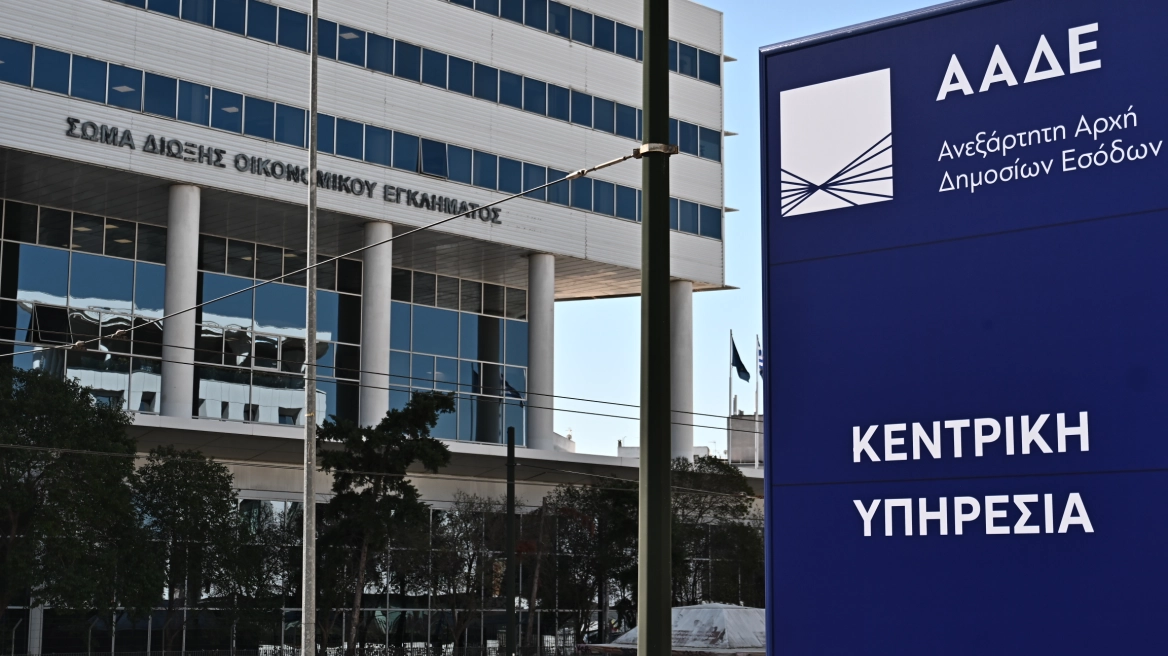The magnitude of our plastic waste problem has scientists searching far and wide for answers, and for a team at Australia’s University of Queensland (UQ) this search has led them to hungry little critters known as “superworms.” These tiny creatures have now been shown to have a healthy appetite for plastic waste, which the researchers were able to trace to specific enzymes in their gut bacteria that convert it into energy, even leading the worms to gain weight as a result.
The Zophobas morio species at the center of this study earn themselves the “superworm” moniker due to their big and brawny nature, and research has started to hint at their potential to degrade plastic waste. The UQ team delved into these possibilities by studying the gut microbiome of Zophobas morio placed on different diets over a three-week period, with some fed bran, another group fed polystyrene only, and another group made to starve.
Astypalaia: the top 10 hiking trails on “Aegean’s Butterfly”
This brought about considerable differences in the gut microbial communities, with those starving and fed polystyrene showing less microbial diversity and a higher presence of opportunistic pathogens. Though the polystyrene group experienced these negative health effects, they did still gain weight as a result of their plastic diet.
Read more: New Atlas
Ask me anything
Explore related questions





